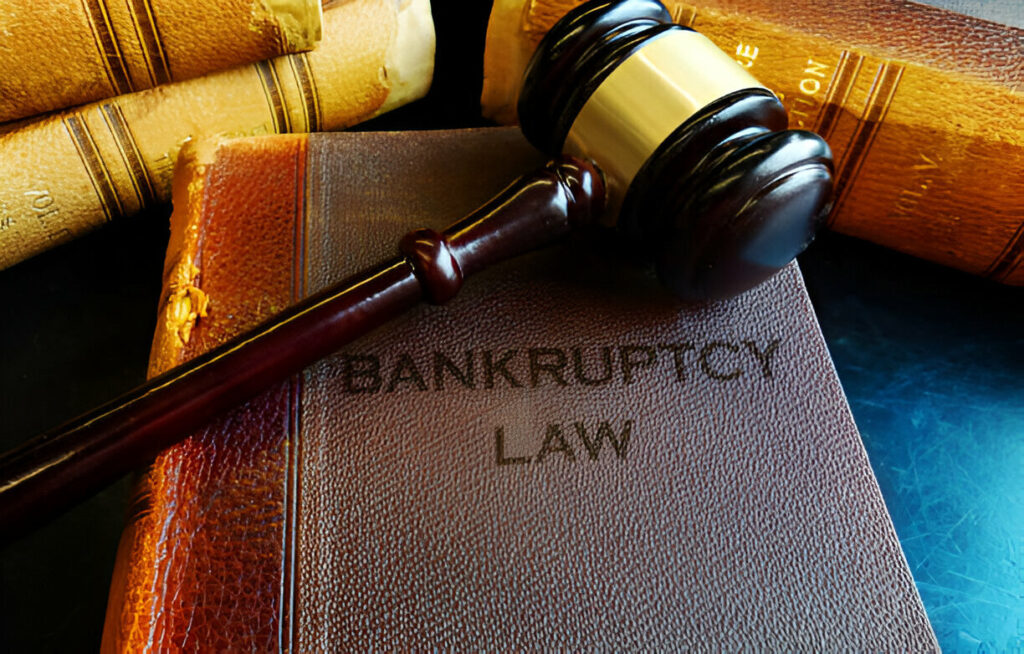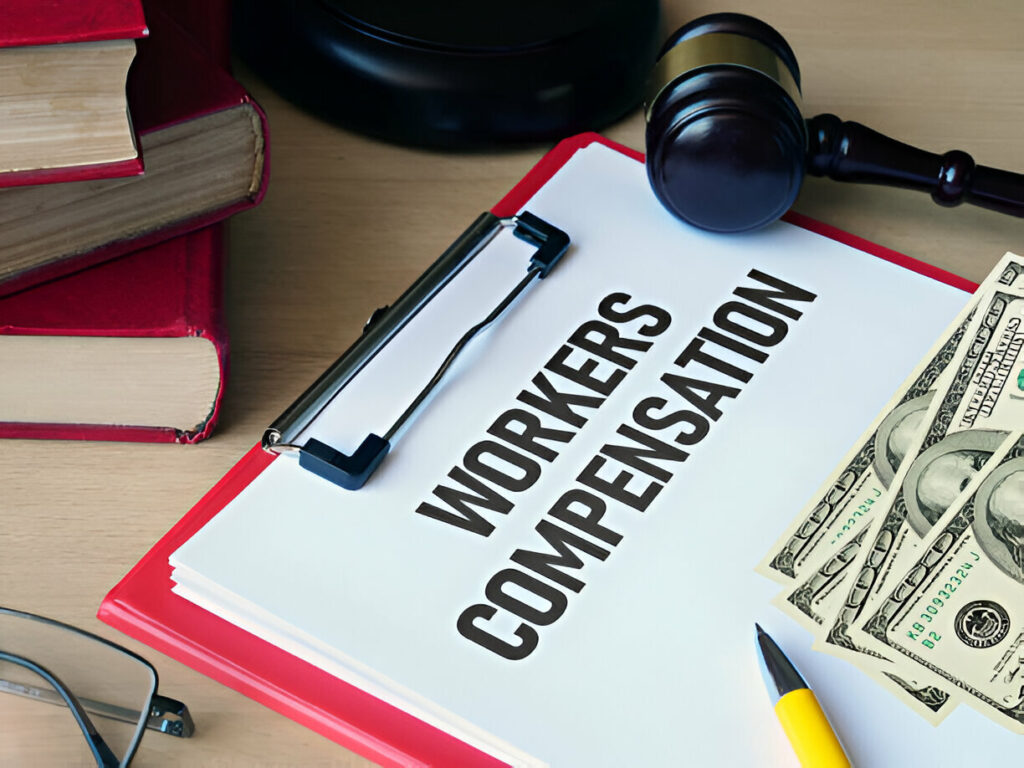With over 30 years of legal experience, Attorney Tony Turner has been a steadfast advocate for individuals struggling with overwhelming debt and those injured on the job. Since 1991, he has helped thousands of clients across Florida find relief through Chapter 7 and Chapter 13 bankruptcy as well as secure the workers’ compensation benefits they rightfully deserve.
At The Law Office of Tony Turner, we understand that legal problems—especially financial or injury-related—can be incredibly stressful. That’s why we provide free legal consultations, compassionate service, and personalized legal guidance every step of the way.
At The Law Office of Tony Turner, we specialize in helping hardworking Floridians overcome financial stress and workplace injuries. With over 30 years of proven experience, we’ve earned a reputation for honest advice, aggressive advocacy, and outstanding client care.
Whether you’re drowning in debt or battling for your rightful benefits, we guide you with compassion — and fight with determination — to help you secure the fresh start you deserve.

At The Law Office of Tony Turner, we don’t believe in one-size-fits-all solutions. Every case is different—and so is every client. That’s why we take a personalized approach to your legal matter. Whether you’re filing for bankruptcy or pursuing a workers’ compensation claim, you’ll receive:

We walk you through every stage of your case with clear explanations, making sure you always know what’s happening and what to expect. No confusing legal jargon

Every client’s situation is different. We take the time to carefully review your debts, assets, injuries, or employment status to craft a strategy that’s designed specifically for your best outcome.

We don’t make promises we can’t keep. Instead, we provide you with honest, practical options so you can make the right decisions for your future with full confidence.

Whether negotiating with creditors or fighting insurance companies, we aggressively protect your rights and work relentlessly to achieve the best possible resolution for you.
At The Law Office of Tony Turner, we focus exclusively on two critical areas of law that directly impact your life and future: Bankruptcy and Workers’ Compensation.
Our mission is simple — to protect your rights, relieve your burdens, and help you move forward with confidence. With over 30 years of experience, we deliver personalized legal strategies designed to stop financial hardships, recover lost wages, and rebuild lives.
Whether you’re overwhelmed by debt or struggling after a workplace injury, we are here to fight for you — every step of the way.

Stop wage garnishments, foreclosures, repossessions, and creditor harassment. We help you get a fresh financial start with tailored bankruptcy solutions.

If you’ve been injured on the job, we’ll fight to secure your lost wages, medical benefits, and protect your rights against insurance companies.
At The Law Office of Tony Turner, client satisfaction isn’t just a goal — it’s our foundation. We are proud to have helped thousands of individuals find relief from overwhelming debt and secure their rightful workers’ compensation benefits.
Here’s what some of our clients have shared about their experience working with us — in their own words.
Excellent representation by The Law Office of Tony Turner. They gave me hope when I felt like everything was falling apart. I’m now debt-free and sleeping at night again
I was nervous to file for bankruptcy, but Tony Turner and his staff made the process smooth and stress-free. I highly recommend them
Tony Turner and his team truly care about their clients. They helped me through a tough time with honesty and compassion. Highly recommended
Mr. Turner and his staff made the bankruptcy process easy and understandable. I’m so grateful for their patience, guidance, and professionalism
Excellent representation by The Law Office of Tony Turner. They gave me hope when I felt like everything was falling apart. I’m now debt-free and sleeping at night again
Filing for bankruptcy was overwhelming, but Tony and his team explained everything clearly and made me feel confident throughout the process
We proudly serve clients from convenient office locations across Florida:
No matter where you are, help is never far away.

Call or text Attorney Tony Turner at (904) 679-2020 or (386) 490-5215
Let’s talk—your confidential consultation is free.
At The Law Office of Tony Turner, we understand that legal problems especially financial or injury-related can be incredibly stressful. That’s why we provide free legal consultations, compassionate service, and personalized legal guidance every step of the way.
Copyright 2025 © All Rights Reserved by Tony Turner